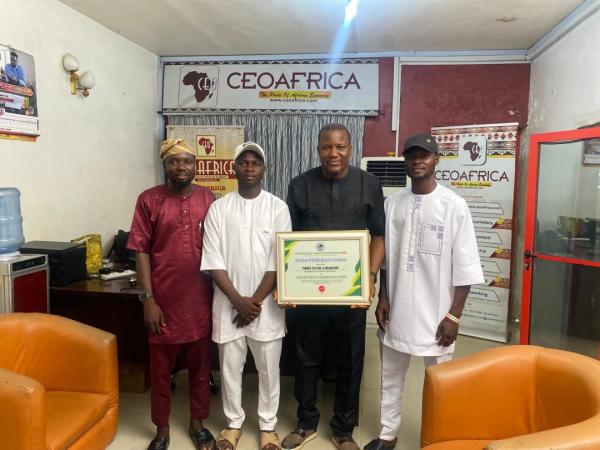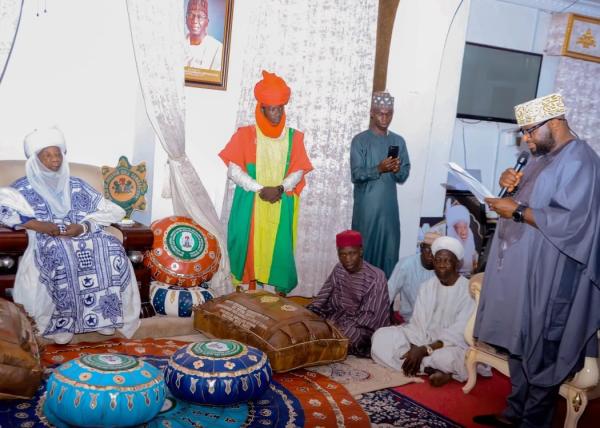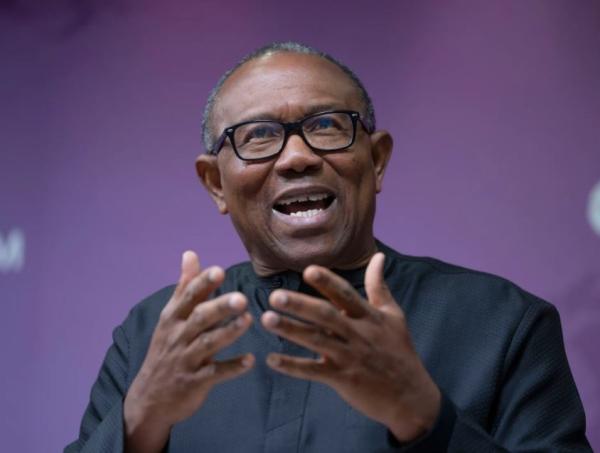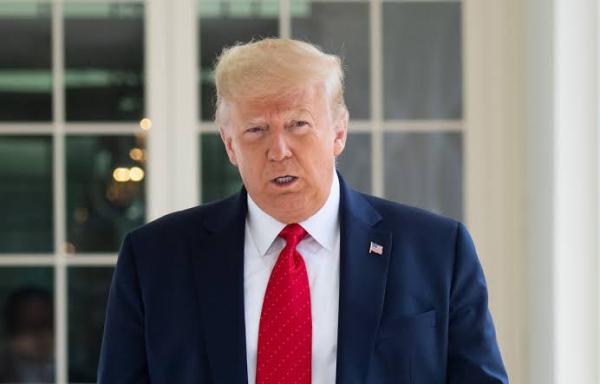
As the global community gears up to commemorate the 58thannual Africa Day Celebration, the Executive Secretary of the International Centre for Research and Documentation on African Languages and Traditions (CERDOTOLA), Prof Charles Binam-Bikoi has expressed the readiness of the centre as well as fellow Africans to observe the all-important event.
In an exclusive interview with CEOAFRICA, the avid Professor said the annual event is one of the most important in the entire continent of Africa and by extension the word. He describes the celebrations as ‘most important”.
"I'm excited because the Africa Day Celebration is one of our most pivotal celebrations as a continent. Enshrined in this celebration is the appreciation of our culture and values as they relates to our process of emancipation and the expression of our freedom.
"This year at the AU, it's all about cultural renaissance. This is captured well in the AU's theme for 2021, the "Year Arts, Culture and Heritage: Levers for Building the Africa we Want". I have spoken on this before, and while lauding its significance, I expressed our commitment as a Heritage Centre to key into the theme and maximally pursue the realization of its wide-ranging significance. Nothing has changed since I first ascertained its importance and, as a matter of fact, I've even grown to appreciate the theme of the year as I've seen it play out in so many scenarios already. So, for me, this year's Africa Day celebration is most important."
The prolific researcher further stated that for Africa to remain united, the Africa Day Celebrations must be considered to be sacred. According to him, nothing should ever take its place as this would threaten the peace and development of the continent.
"This day to me is very sacred; sacred in the sense that its a solemn reminder of our freedom. Except for Ethiopia and Liberia, every African nation has undergone colonial domination which by the way was so pernicious that it paraded as civilization confusing many of us till today.
"So, Africa's emancipation and independence from colonial masters is something that should never be forgotten. This is what our fathers fought and died for. Today we've achieved more than freedom, we've done so much that this year, we are beginning to focus our attention on reviving our cultures that may have been lost in pools of westernization. The younger generation must be made to retain, regain and ever revive the consciousness of our collective heritage as a people—knowing that this is what defines us. Ergo the imperative for a celebration that epitomizes our commitment to historical memory. This celebration is thus or at least should be, a way of reminding to ourselves and saying to the world: never again shall we accept to be divided and dominated in any way shape or form. As stated in the forst verse of the AU anthem, it symbolizes our determination to "dedicate ourselves to fight together to defend our liberty and unity as sons and daughters of Africa" along with our Pan-African Institutions.
"Africa cannot develop beyond the level she would achieve if she is united. We must not ever allow anything, be it ethnic dissensions, regional agitations or border crises to ever come between us and our unity as a people. These things are threats to our peace and development. This is what the Africa Day celebrations re-echoes to us."
The Africa Day Celebration is annual event declared by the African Union which is held on the 25th of May globally. The event commemorates the formation of the Organisation of African Unity, the precursor to the African Union.
According to information gathered from the AU's website, this year's celebration will hinge on continental launch of the entry into force of the charter for African Cultural Renaissance reached in 2006.
"The Charter for African Cultural Renaissance adopted by the 6th AU Assembly held in January 2006 in Khartoum, Sudan, entered into force in October 2020 upon receipt by the AU Commission of the 15th instrument of ratification of this important cultural policy instrument.
"The main focus areas of the Charter for African Cultural Renaissance are: promotion of African identity, shared values, the spirit of Pan-Africanism and African Renaissance; development of the creative economy of the continent; protection and conservation of African World Heritage Sites and increasing of African sites in the World Heritage List; development and continued dissemination of regional and continental programs for the promotion of African identity, shared values, cultural and creative industries and heritage."
CERDOTOLA remains committed to all of those as development priorities for the construction of the Africa we want.






















